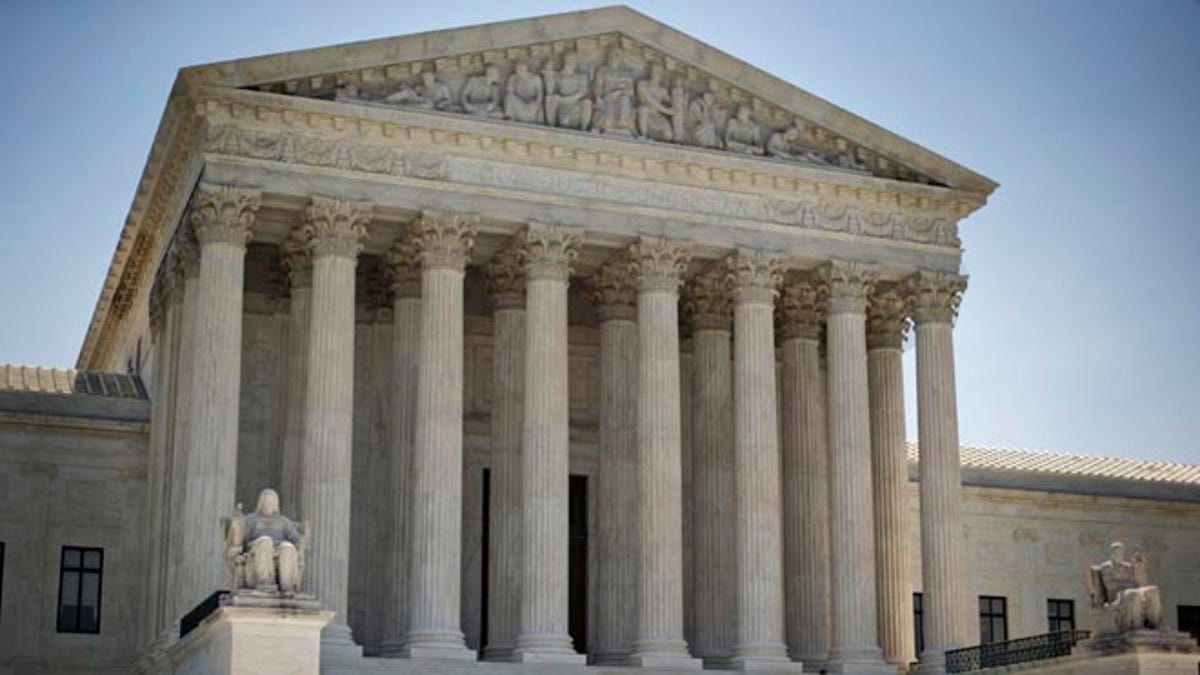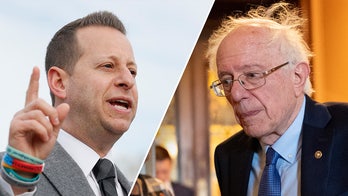
The Supreme Court building in Washington, Monday, June 30, 2014. (AP)
The Obama administration on Friday announced new measures meant to accommodate religious nonprofits and some private employers who don't want to pay for birth control under ObamaCare, on the heels of Supreme Court rulings that weakened the law's so-called contraceptive mandate.
The changes had been expected, particularly after the Supreme Court ruled in June that the government can't force companies like Hobby Lobby Inc. to pay for birth control, as originally required under the Affordable Care Act. Days later, the high court also sided with religious nonprofits such as Wheaton College, an evangelical school, which argued that an existing accommodation required them to sign a form that violated their beliefs.
In response, the administration is making two changes.
For "closely held" for-profit companies like Hobby Lobby -- corporations that are owned by families or a small number of investors -- the administration proposes having them notify their insurers if they object to the coverage on religious grounds. That would put the onus on the insurer to offer the coverage.
Religious nonprofits already are allowed to do this. But under the latest change for them, the administration will allow them to notify the government -- rather than insurers -- that they object to birth control on religious grounds. Then the government would instruct a nonprofit's insurer or third-party administrators to take on the responsibility, at no cost to the employer.
Even so, the accommodations may not fully satisfy religious groups who oppose any system that makes them complicit in providing coverage they believe is immoral.
The Family Research Council put out a statement calling the tweak an "insulting accounting gimmick" that does not protect Americans' religious rights. The group called it "simply another clerical layer."
The dual decisions, though, mark the Obama administration's latest effort to address a long-running conflict that has pitted the White House against churches and other religious groups, sparking dozens of legal challenges.
The latest proposals, which were expected to be formally released later Friday, will likely run up against the same objections as before, because they still enable employees to receive contraception at no extra charge through their health plans -- one of a range of preventive services required under President Obama's health care law.
"We will be studying the new rule with our clients, but if today's announcement is just a different way for the government to hijack the health plans of religious ministries, it is unlikely to end the litigation," said Mark Rienzi, senior counsel at the Becket Fund for Religious Liberty, which has represented both Hobby Lobby and Wheaton.
The Associated Press contributed to this report.




